There’s a strange mix of theater and genuine frustration playing out in Lagos politics right now. The state chapter of the All Progressives Congress (APC) responded this week to a claim from the African Democratic Congress (ADC) that President Bola Tinubu’s APC is trying to silence opposition ahead of the 2027 elections. The APC’s tone was part dismissive, part annoyed — and, if you ask me, a little gleeful. They called the ADC’s complaint more attention-seeking than serious, and then proceeded to make the case that the ADC simply hasn’t got the audience anymore.
I have to admit: the APC’s spokesperson, Mogaji Seye Oladejo, didn’t waste time. His message was blunt — Tinubu can’t silence a party Nigerians have already tuned out. That line lands because it’s both a jab and a confidence statement: you’re not being silenced; you’re being ignored. Harsh? Maybe. Effective? For an audience that already backs Tinubu, probably.
What they said — and what it suggests
Oladejo painted a picture of two very different priorities. On the one hand, he says, APC is “reshaping Nigeria’s destiny” — building structures, tightening strategies, and trying to get governance to actually deliver. On the other, the ADC is portrayed as scrambling around with internal problems, more worried about expelling members than winning hearts.
There’s a metaphor in his statement: the ADC is like a mosquito telling a lion to quiet down. Obviously dramatic. A little theatrical. But the underlying point is straightforward: if a group has no real base, they can make noise, issue press releases, trend briefly online, and then disappear. It’s a common pattern in politics everywhere — not unique to Nigeria. Parties sometimes live more in headlines than in neighborhoods.
Also read: We’re Not Done Yet — Enugu PDP Says It Will Rebuild and Win
The charge of being “irrelevant”
Oladejo didn’t stop at mockery. He accused the ADC of living mainly in “newspaper pages and WhatsApp groups” — and of preparing excuses for future losses rather than addressing their internal weaknesses. That’s the line that stings: claiming the ADC’s complaints about persecution are just pre-emptive excuses for electoral failure.
There’s truth to the idea that blaming external forces instead of fixing internal faults rarely helps. If you don’t have grassroots networks, clear messaging, or internal unity, a press statement won’t substitute for that. But let’s not pretend it’s only one-sided. Oppositions often feel marginalized in many democracies; sometimes that feeling is real, sometimes exaggerated. The reality may be mixed here — part perception, part political theater.
A bit of posture, a bit of politics
You can read Oladejo’s words as an attempt to shore up confidence among APC supporters — to tell voters: we’re focused on results, not distractions. He repeats the “Renewed Hope Agenda” line and frames the APC as too busy fixing national problems to worry about “professional complainers.” This is both political posture and messaging. It’s meant to reassure the base, and also to define the ADC as comedic or unserious.
That approach works with people who already agree. But it’s a risky way to engage a broader audience. Mocking opponents can look strong, or it can look defensive. It depends on the wider political mood, and on whether the government’s promises and projects deliver real improvements people feel in their daily lives. When people feel results, rhetoric like Oladejo’s is more plausible. When they don’t, it can come off as tone-deaf.
Some inconsistencies — because politics is messy
I noticed an odd flip: the APC claims to be focused on unity and results, yet much of the message is about tearing the ADC down. It’s a familiar inconsistency. On the one hand, “we won’t be distracted”; on the other, “look how silly they are.” That’s human politics — you tell yourself you’re above the mudslinging, and then you throw a few stones anyway. I don’t mean that as a critique only of APC. It’s how parties behave when they feel threatened or when they want to control the narrative.
The ADC, for its part, will argue it’s raising legitimate concerns about space for opposition. Whether those concerns are tactical posturing or earnest worry is hard to judge from the outside. What’s clearer is that smaller parties do struggle to stay visible between big election cycles. The ADC’s strategy of frequent statements might feel like activity, but activity without organization rarely translates into votes.
Why this matters beyond the insults
At the core, this exchange is about political legitimacy and effectiveness. One side says: we’re governing, building structures, getting results. The other side insists it’s being squeezed out of democratic space. If the APC’s claim is right, and the ADC is truly hollow, then the opposition might do well to retool — organize locally, build genuine connections, and stop recycling the same talking points. If the ADC’s concern is partly true, then critics of the APC should pay attention to how political space is being managed and whether dissenting voices really can be heard.
Also read: Twenty Days of Education: Wike’s Plan to Put Schools in the Spotlight
What I take away — and you might, too
I find the whole episode both amusing and slightly worrying. Amusing because political banter often is; worrying because democracy needs real opposition to check power. It’s too easy to shrug and say, “they’re irrelevant,” but that can be dangerous if it leads to complacency from those in power. At the same time, accusations of persecution are sometimes used as a shield when a party lacks grassroots support.
So, who’s right? Maybe both, to an extent. Politics isn’t neat. The ADC may be floundering, and the APC may be right to call it out. But dismissing an opponent outright also risks missing genuine concerns about political space. In short: pay attention to actions more than noise. Watch whether promises become reality. Listen to the voters, not just the press releases.









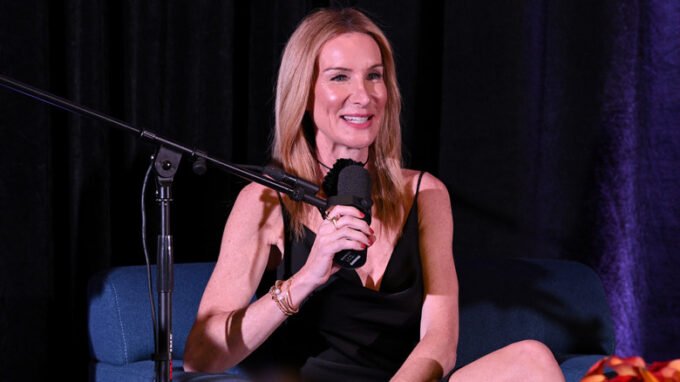
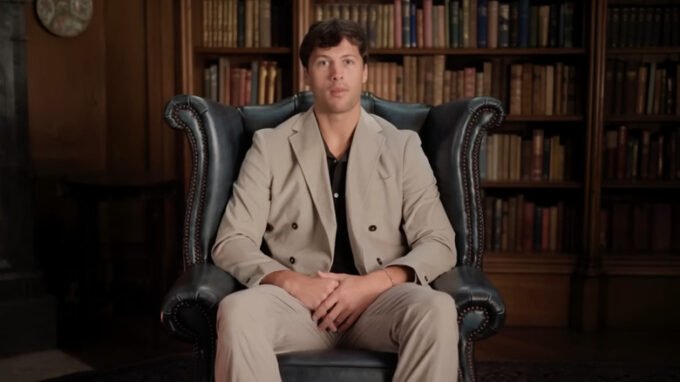
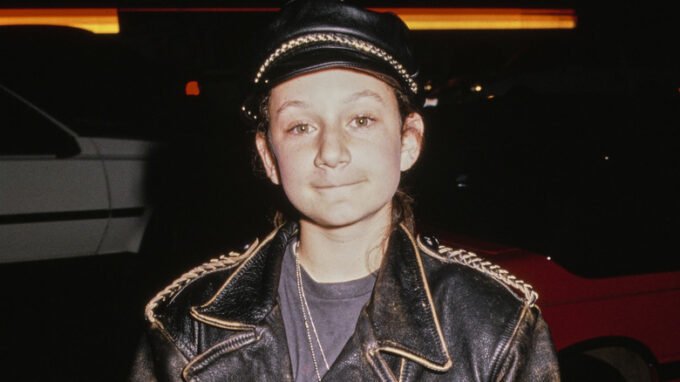













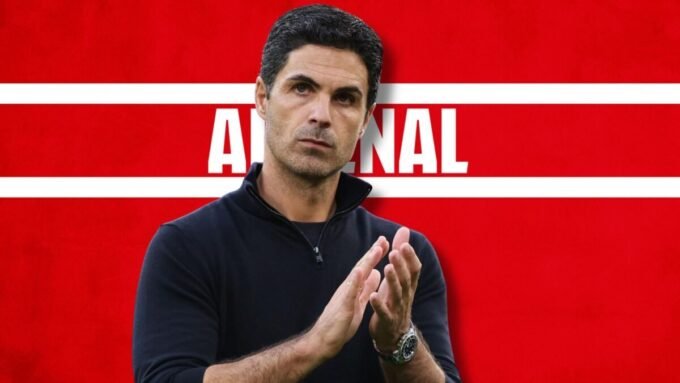
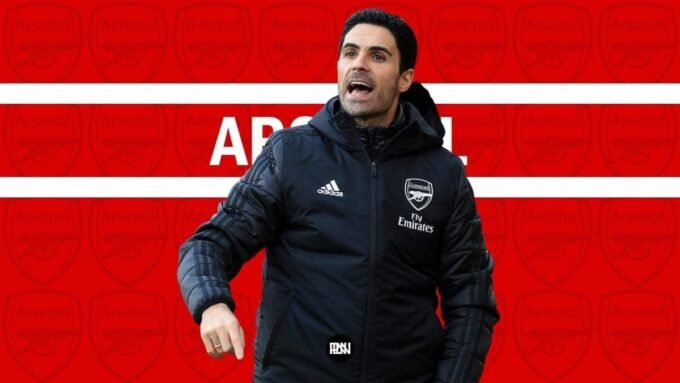










Leave a comment